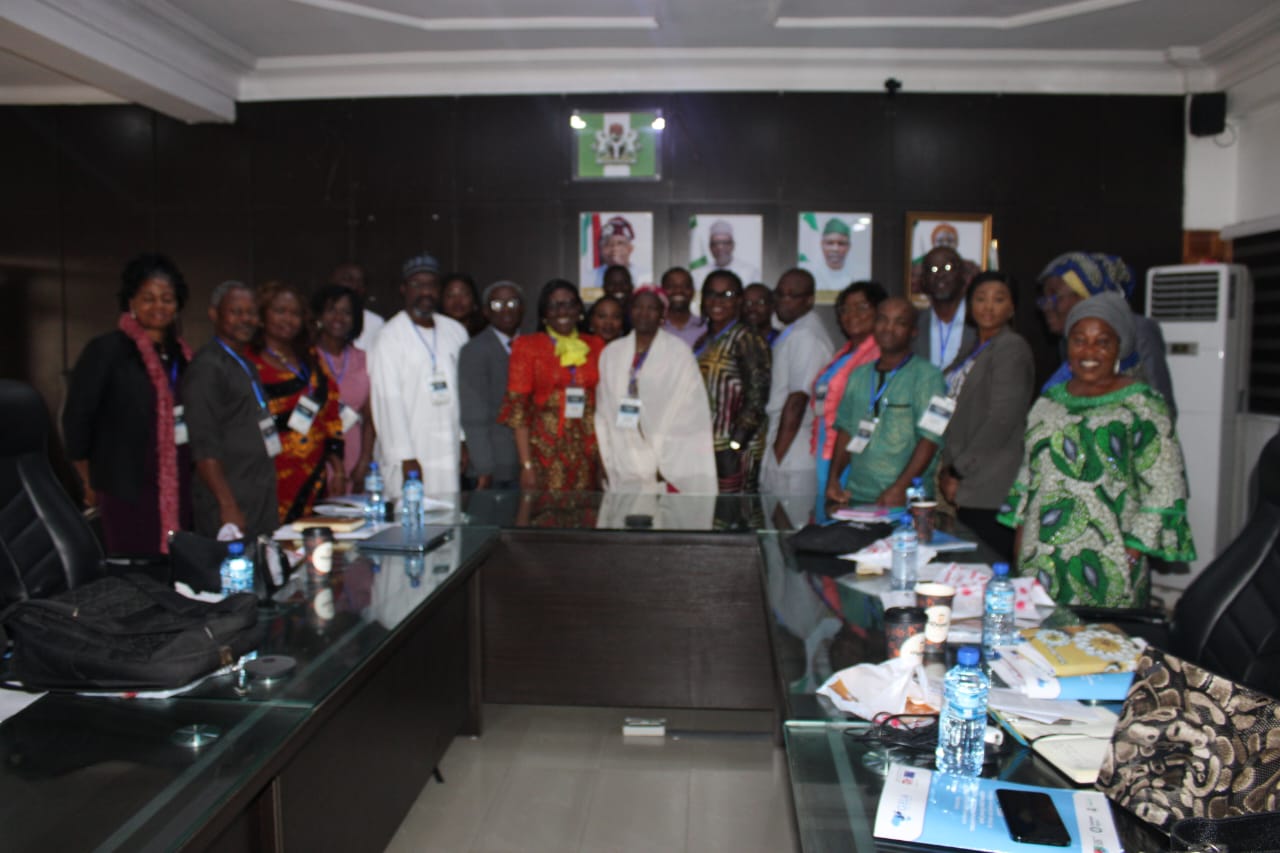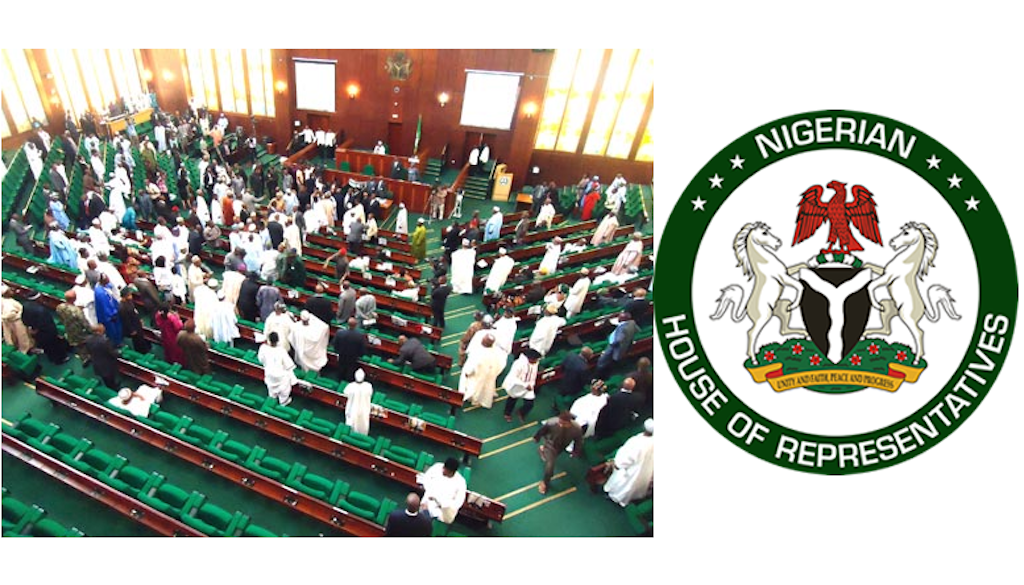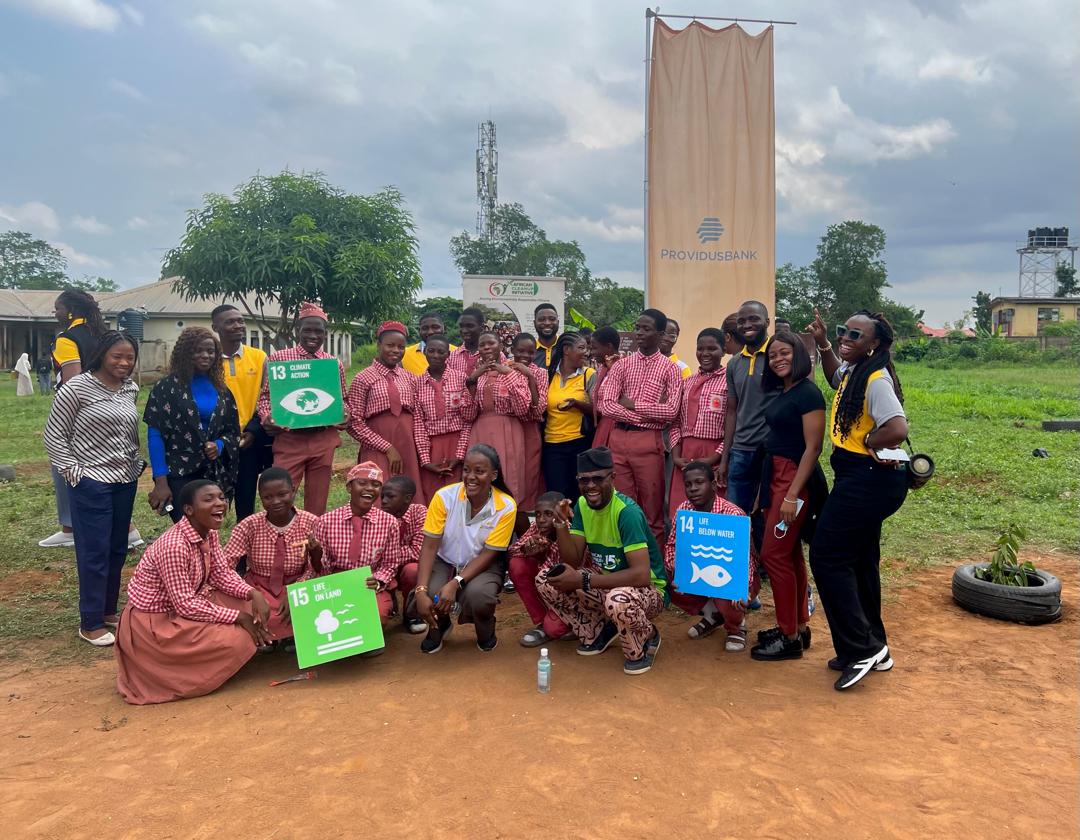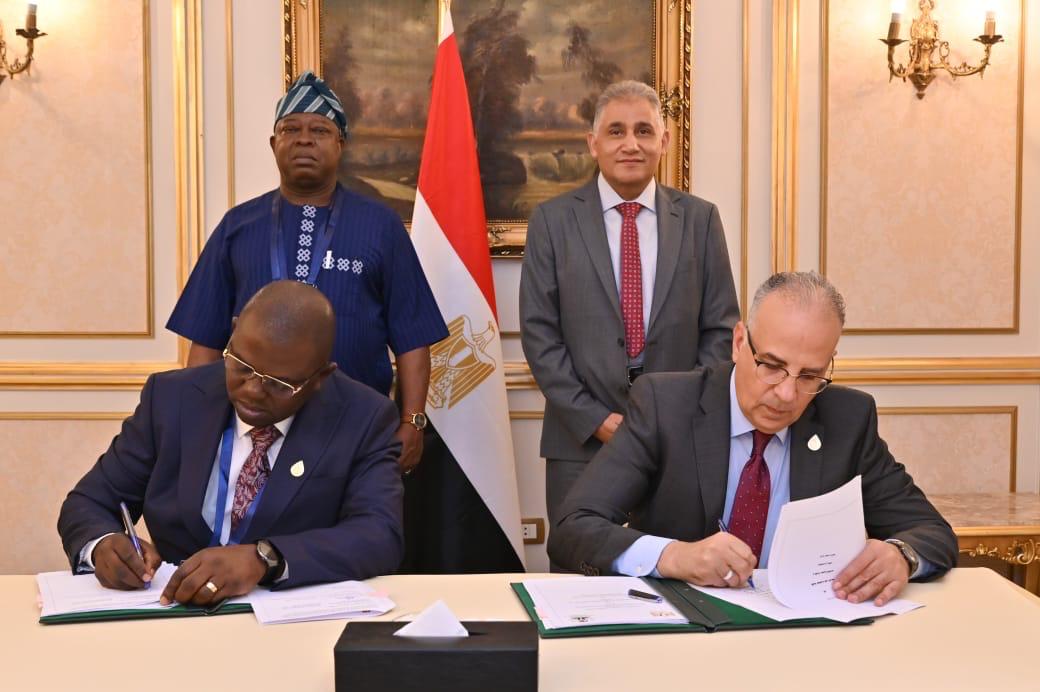Tinubu celebrates Nigeria’s 26 years of unbroken democracy, Pledges Democratic Fidelity, Economic Growth, Others
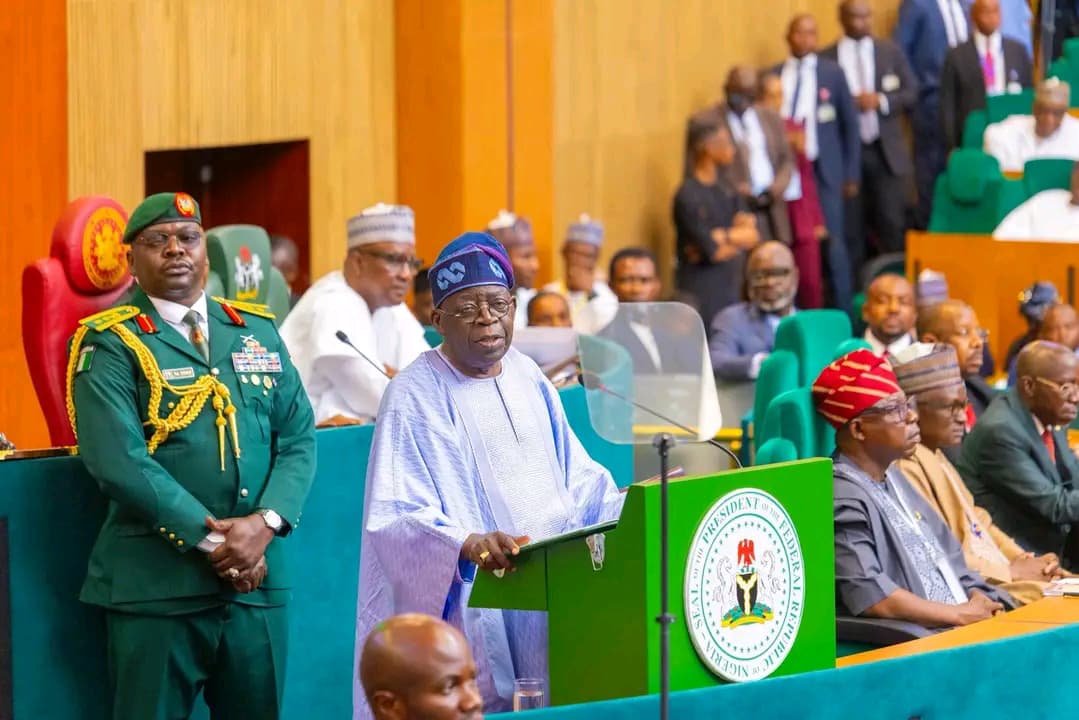
By Fatima Saka
Abuja, Nigeria – In a stirring and wide-ranging address before a joint session of the National Assembly to mark Nigeria’s 2025 Democracy Day, President Bola Ahmed Tinubu reaffirmed his administration’s commitment to deepening democratic values, spurring economic growth, and uniting the country under a banner of justice, development, and national honour.
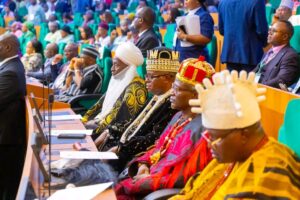
Speaking with a tone of reverence and resolve, President Tinubu celebrated Nigeria’s 26 years of unbroken democracy, recalling the struggle that birthed the Fourth Republic in 1999. “Democracy has risen from the ashes and destitution of military rule,” he declared, pledging before “our Merciful and Almighty God and all men” to protect and build on the democratic gains achieved so far.
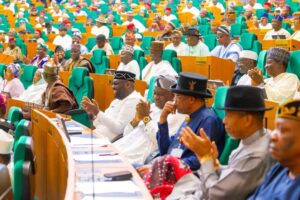
The president honoured key figures in Nigeria’s pro-democracy movement, announcing the conferment of national honours on a wide list of activists, journalists, civil rights leaders, and political icons, including the late Alhaja Kudirat Abiola, Chief Gani Fawehinmi, Ken Saro-Wiwa, and Nobel Laureate Prof. Wole Soyinka. “We must never forget those who braved the odds and guns to ensure we enjoy the freedoms we do today,” Tinubu said.
Responding to widespread political speculation, the President firmly dispelled notions of an attempt to establish a one-party state under the ruling All Progressives Congress (APC).
“At no time in the past, nor in the present or future, shall I view the notion of a one-party state as good for Nigeria,” Tinubu assured lawmakers. Citing his past struggles against political dominance, he challenged rival parties to strengthen their internal processes rather than peddle fear. “Nigeria will not become a one-party state now,” he said.
The President highlighted key economic milestones, including:
3.4% GDP growth in 2024, with a peak of 4.6% in Q4, the best in over a decade.
Stabilisation of the Naira, rising foreign reserves, and improving sovereign credit ratings.
Over 100,000 Nigerians accessing consumer credit via the Nigerian Consumer Credit Corporation (CREDICORP), with plans to reach 400,000 youth in July.
Launch of a fibre optic national broadband project, and investments in vocational training, NELFUND education initiatives, and youth employment programs.
Tinubu also urged lawmakers to support new legislation to accelerate industrialization and food security, stating that “we are on the path to achieving food sovereignty.”
Emphasising security as a foundation for progress, Tinubu lauded the Armed Forces for their efforts in reclaiming territories from terrorists and improving highway safety. He promised continued investment in security technology and inter-agency cooperation.
A significant portion of the speech focused on tax and fiscal reform, including:
Simplified tax processes and the establishment of the Office of the Tax Ombudsman to protect taxpayers.
Introduction of the National Credit Guarantee Company, backed by ₦100 billion, to boost SME financing and combat corruption.
The President also announced a posthumous presidential pardon for Ken Saro-Wiwa and the other members of the Ogoni Nine, in a symbolic act of reconciliation and recognition. Additionally, he conferred national honours on over 60 prominent figures, including media veterans such as Uncle Sam Amuka Pemu, who turns 90 this week.
In closing, President Tinubu further called for unity, tolerance, and a rededication to the ideals of June 12: freedom, justice, active civic engagement, and transparent governance.
READ ALSO: Africa’s Nuclear Energy Misadventure Exposed in New Report
“Our democracy is not invincible, but it is alive. And this means our dream of a prosperous, happy nation is still within reach,” he affirmed.
As Nigeria marks another year of civilian rule, Tinubu’s message resounded with a reminder: that the road ahead demands both vigilance and vision—and that democracy, though imperfect, remains the most vital path to Nigeria’s future.

